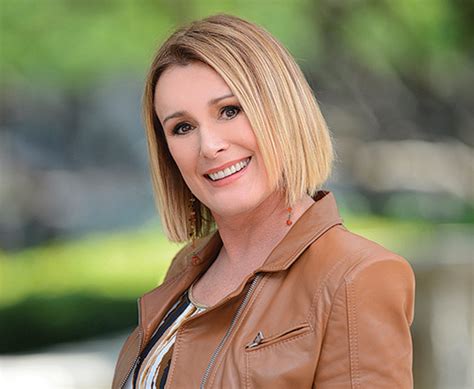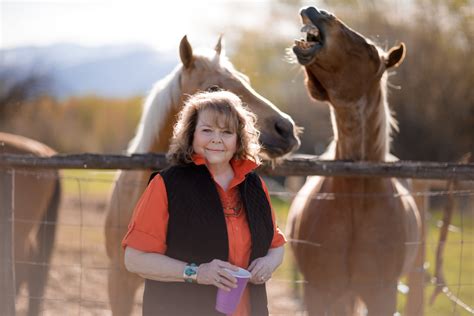A Quote by Rush Limbaugh
Seriously, he is just a voice on the radio, unlike the ones in your head, you don't have to do what he tells you to do.
Related Quotes
The voice in your head also creates a huge amount of problems that aren't really problems. They're just things that haven't happened yet, things that could happen tomorrow or next week. Listening to unreal problems has another name: worrying. That's what the voice in your head does. It what-ifs. It frets. It agonizes, and you can no longer sense the joy of life.
When you recognize that there is a voice in your head that pretends to be you and never stops speaking, you are awakening out of your unconscious identification with the stream of thinking. When you notice that voice, you realize that who you are is not the voice - the thinker - but the one who is aware of it.
One of the things I am very aware of not having in my life is the love of my father. ...but I know now that it is hard to make up that loss in the life of a daughter.
It's your dad who tells you that you are beautiful.
Its your dad who picks you up over his head and carries you on his shoulders.
It's your did who will fight the monsters under your bed.
It's your dad who tells you that you are worth a lot, so don't settle for the first guy who tells you you're pretty.
So the single most vital step on your journey toward enlightenment is this: learn to disidentify from your mind. Every time you create a gap in the stream of mind, the light of your consciousness grows stronger. One day you may catch yourself smiling at the voice in your head, as you would smile at the antics of a child. This means that you no longer take the content of your mind all that seriously, as your sense of self does not depend on it.
I wrote 'Turn Your Radio On' in 1937, and it was published in 1938. At this time radio was relatively new to the rural people, especially gospel music programs. I had become alert to the necessity of creating song titles, themes, and plots, and frequently people would call me and say, 'Turn your radio on, Albert, they're singing one of your songs on such-and-such a station.' It finally dawned on me to use their quote, 'Turn your radio on,' as a theme for a religious originated song, and this was the beginning of 'Turn Your Radio On' as we know it.

































